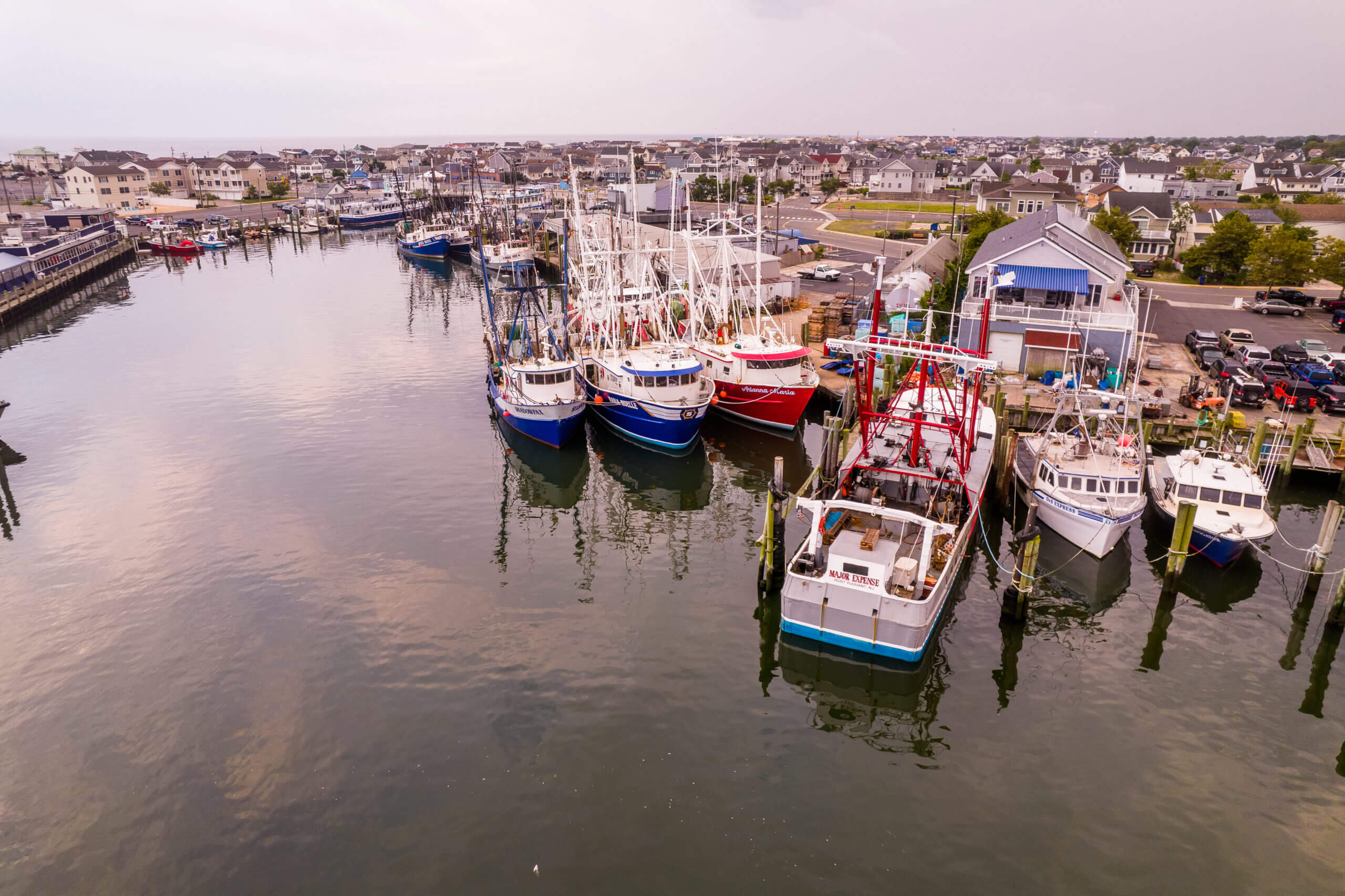ABOUT
MARCO Overview
The Mid-Atlantic Regional Council on the Ocean is a Regional Ocean Partnership between Virginia, Maryland, Delaware, New Jersey, and New York, voluntarily convened by governors to address cross-jurisdictional ocean matters.
The Mid-Atlantic’s Coastlines and Ocean
The Mid-Atlantic is an economically valuable region, spanning from New York to Virginia and home to over 34 million people. It supports various economic sectors, contributing $2 trillion (14% of U.S. GDP) through activities including:
- Fishing
- Research
- Transportation
- Renewable Energy
- Tourism
The ocean economy in the Mid-Atlantic relies on a healthy ocean ecosystem. The ocean and coasts in our region host many unique and important habitats, like expansive estuarine systems, deep sea cold-water corals, and abundant fish and wildlife. These resources are part of what attracts people to the Mid-Atlantic, which is why we have some of the most densely populated coastline in the country.

